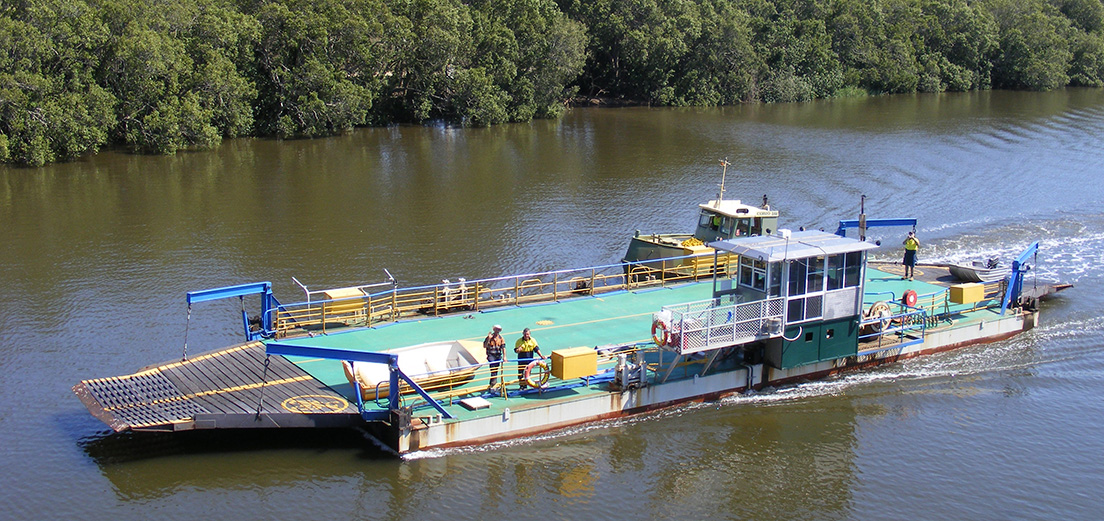The University of Newcastle is proudly continuing its commitment to engagement in the Pacific region, with representatives signing an official Memorandum of Understanding (MOU) with the Ministry of Natural Resources and Environment (MNRE) in Samoa this week. As part of the five-year agreement, both parties will work together to address critical needs in clean energy and coastal resilience through research and training.
The official agreement builds on existing strong relationships and sets out a plan to tackle some of the complex changes being faced in the Pacific region through scientific, socio-economic and international educational engagement, including capability development and research activities.
The agreement recognises that technical support, knowledge exchange, and capacity-building initiatives are essential to the sustainable management of Samoa’s natural resources, and the partnership is designed to enhance capacity to design, implement, and monitor joint research projects, with a focus on the development of policies, research design, and educational materials.
Executive Director of the Newcastle Institute for Energy and Resources (NIER), represented the University and signed the agreement on behalf of Deputy Vice-Chancellor Research & Innovation . The signing marks a significant milestone in Samoa’s ongoing efforts to transition towards a renewable energy and reduce reliance on fossil fuels.

Professor Upton said it was an honour to partner with Samoa on this crucial mission to advance renewable energy research and research education.
“Our joint efforts will contribute to addressing global energy challenges, particularly for small island nations that face disproportionate risks from climate change.”
CEO of MNRE Lealaisalanoa Frances Brown Reupena said that for MNRE this was an important step.
“This MOU is more than a formal agreement; it is the beginning of an exciting journey. By combining our resources, expertise and passion, we will address critical environmental challenges, improve capacity in both countries and develop solutions that can make a real difference,” Lealaisalanoa Frances Brown Reupena said.
As part of this MOU, both parties will work together to:
- Establish scientific cooperation in areas of mutual exchange of scientific information including in the publications and policies, research design and the development of educational materials
- Design, develop and implement joint research, capability development and pilot projects and programs
- Train MNRE staff through joint Australian-Samoan management of Masters research and PhD programs.
This visit builds on a history of meaningful engagements in the Pacific region which were first made official in 2017 with the signing of an MOU with the Secretariat of the Pacific Regional Environment Programme (SPREP). The purpose of this MOU was to increase research collaboration in the region, deliver an innovation agenda, provide shared learning opportunities and drive impact in regional priority areas. The agreement has resulted in an increase in co-authored publications and enhanced capacity of partner universities.
During their visit to Samoa, University of Newcastle representatives will meet with partnering organisations and discuss key themes and priorities for the region, in particular sustainable energy production and storage, grid stability and systems integration, waste-to-energy and circular solutions, social licence through community consultation and coastal resilience.







